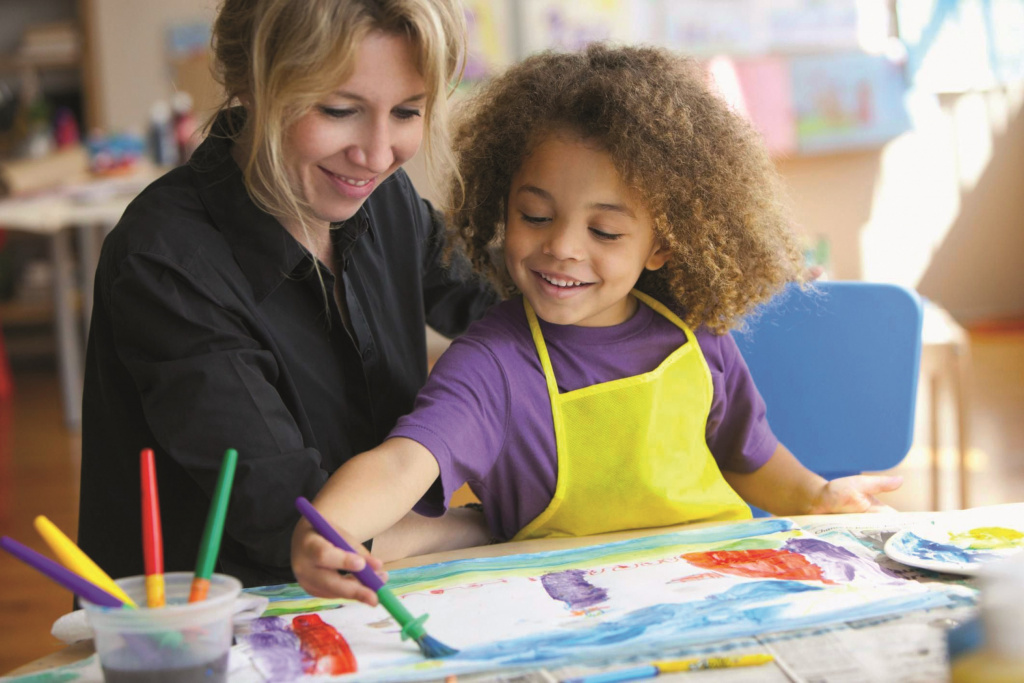
Jennifer Shearman of Canterbury Christ Church University and Bea Stevenson of Family Links, both members of the Fair Education Alliance wellbeing and resilience working group, highlight areas of commonality and difference in their work to develop social and emotional health, wellbeing and character in children and young people. By bringing together various stakeholder voices, they consider what it means for educators to ‘ensure young people develop key strengths, including character, emotional wellbeing and mental health, to support high aspirations” (the aim of Impact Goal 3, FEA).
The working group’s first report, “Reflections on Wellbeing, Character, and Emotional Health in Education”, is due to be published shortly. In the edited highlights below, we consider the complex nature of the joined-up thinking that has taken place by highlighting the insights and recommendations from the perspective of a Teacher Educator, a University Professor, a primary teacher now working at a charity focused on the importance of partnerships, and the Director of Impact of a charity focused on developing character in young people.
The Teacher Educator
Prioritising social and emotional health at the heart of teacher education
“Skills associated with emotional health and wellbeing, such as resilience and empathy, are too often perceived as the ‘softer side of learning’ (Egalite et al, 2015); subjective and immeasurable personal quality traits often equated with fluffy notions of emotional intelligence. So called ‘hard skills’, including technical competencies listed in job specifications such as being able to speak a foreign language or analyse a set of statistics, are more easily measurable and evidenced through a set of qualifications or experience. Given that ‘hard skills’ are seen as teachable and easily quantifiable, it might seem logical to prioritise a focus on effective teaching pedagogies of academic and vocational skills in teacher education programmes rather than putting emotional health and wellbeing and the development of ‘soft skills’ at the heart of teaching and learning. Yet social and emotional learning is fundamental to a broad, balanced, holistic and effective education and essential to meeting the diverse needs of children, families and the whole school community.

Recent research suggests that employers consider ‘soft skills’ at least as important as ‘hard skills’ when recruiting new employees (Ricker, 2014), so preparing young children for future success is clearly not just about enabling them to collect and communicate a set of academic and/or vocational qualifications. It is also about supporting them to develop the resilience, self-awareness, self-motivation, critical thinking and leadership skills that will enable them to take full advantage of both the hard and soft skills they will acquire over a life time of learning and experience.
Prioritising social and emotional health at the heart of teaching and learning begins with the teacher educator and transcends the wider learning community. It begins with teachers and teacher educators prioritising their own health and wellbeing and establishing and facilitating safe, nurturing and purposeful learning environments. Teachers need to develop practical skills in managing and moderating the emotional environment and acting as the ‘emotional thermostat’ in the classroom. The recent resurgence of an emphasis on character education is a reminder of the pivotal role of the teacher in shaping young lives.